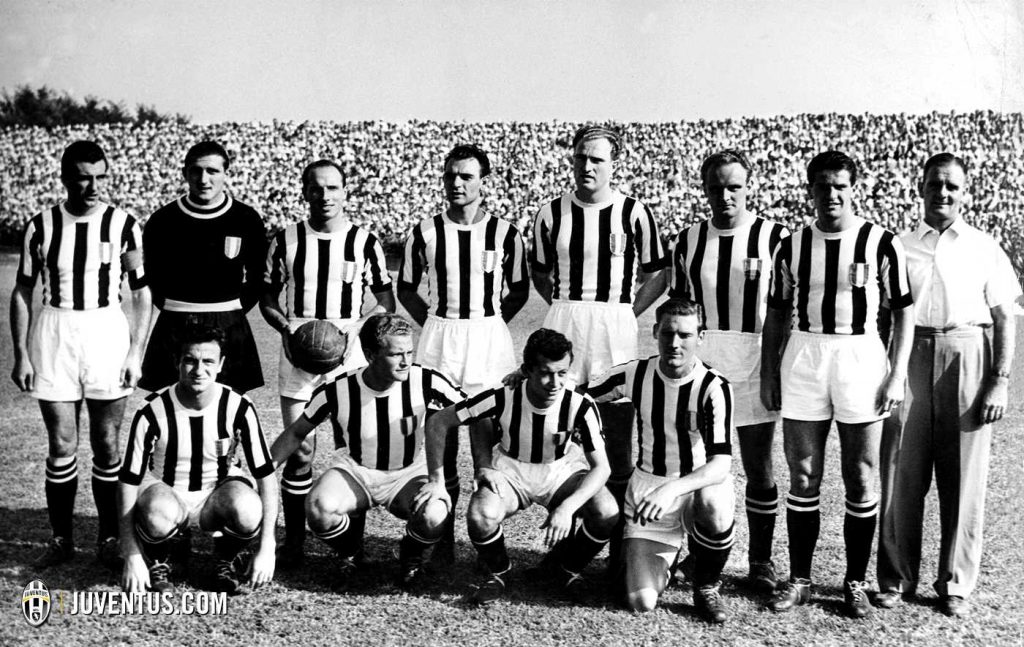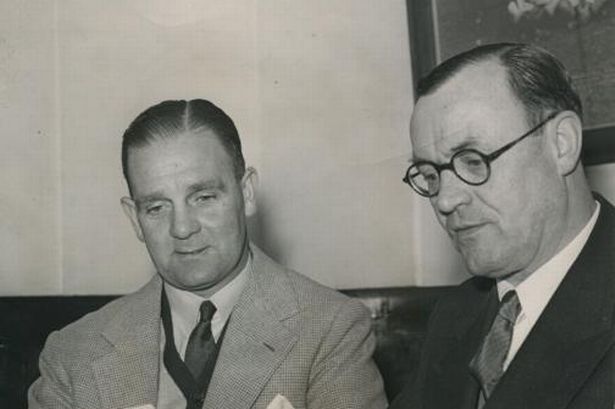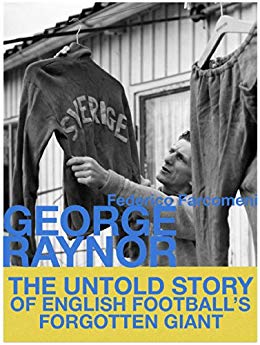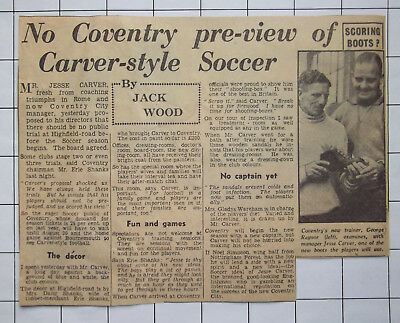Jesse Carver & George Raynor: The British Abroad
Jesse Carver and George Raynor were post-War English coaches and managers who are regarded as pioneers in European football. Both men earned acclaim for successful spells in several countries during the 1950s, but remain largely unheralded in England.
Born in Liverpool, Jesse Carver played for Blackburn and Newcastle in the 1920s and 30s, before coaching Dutch club Xerxes and the Netherlands’ national team after the War. Like his predecessors Herbert Kilpin and William Garbutt, Carver enjoys a high status in Italy; his reputation largely rests on his first spell at Juventus. Taking over from Scot Billy Chalmers in 1949, he led the club to their first scudetto in 15 years when they lifted the title in his very first season. The famous journalist Brian Glanville recounts how, in an earlier coaching role at West Brom, Carver had “transformed the training, bringing out the ball, devising radical new loosening-up exercises”.

A former Army training instructor, Yorkshireman George Raynor was another ambitious coach and innovative tactician. After an undistinguished playing career, his first coaching experience came as a physical training instructor when he was based in Iraq during the Second World War. Like Carver, he felt hindered by conservative attitudes in English football, particularly at the FA. He too looked overseas, finding success in Sweden, becoming the last English manager to win Olympic gold as the Swedes triumphed at Wembley in 1948, before moving to Italy.

The two men were managing the great Rome clubs in 1955, Carver at AS Roma and Raynor with Lazio – it was the first and only time that two English managers had held the posts simultaneously. When their sides met at the Stadio Olimpico in the derby on March 6 of that year, it was Raynor who came out on top; a 3-1 victory was secured with goals from John Hansen, a Dane who had been key to Carver’s success at Juventus, and two from Renzo Burini. Both managers had left Rome by the end of the season, returning to England. They were tempted away from their prestigious and well-paid roles in Italy to work together at an unlikely destination.

Third Division (South) club Coventry City unveiled their new managerial set-up at the start of the 1955-56 season, with Raynor as Carver’s assistant. The pair’s innovations included introducing bathrobes and lightweight boots and, placing an emphasis on technical skills ahead of their time, concentrating on ball-work in training. Described by Coventry City club historian Jim Brown as “a massive coup”, the illustrious partnership proved a short-lived experiment, with the hurly-burly of lower-division English football proving resistant to the pair’s ‘Continental methods’. A disillusioned Carver resigned on New Year’s Eve, shortly to return to Italy with Lazio, as Raynor took charge. The club ended the season in a disappointing 8th place and appointed Harry Warren as their new manager in the summer. Raynor, demoted to assistant, left Highfield Road in November 1956.


Raynor’s finest hour was still to come, taking hosts Sweden to the 1958 World Cup final – the first English manager to achieve this distinction. The following year, acting as ‘adviser’, he master-minded the Swedes’ historic 3-2 win over England at Wembley. His autobiography, Football Ambassador at Large, published in 1960, was scathing about the FA, the England selectors and director of coaching Walter Winterbottom. It probably lost Raynor any chance of working at the top level of English football; his last manager’s job was at Fourth Division Doncaster Rovers in the late 1960s. Italian author Federico Farcomeni paid tribute to Raynor’s career in The Untold Story of English Football’s Forgotten Giant.

Meanwhile Carver never recaptured the previous glories of his Juventus days at Lazio, or in later spells at Inter and Genoa. Glanville knew both Carver and Raynor from their time in Rome, when he was working as a correspondent for the Corriere dello Sport. He revealed later that Carver was offered the England manager’s job held at the time by Winterbottom. Writing his obituary in World Soccer, Glanville reflected on his old friend’s passing, “How sad it was that in his own country, there was no commemoration of one of the outstanding English manager-coaches of the post-war years.” Both Carver and Raynor, celebrated for their achievements in European football, remained obscure figures in their own country.

The Coventry Telegraph columns of club historian Jim Brown provided invaluable detail on Carver and Raynor’s spell at Coventry City.